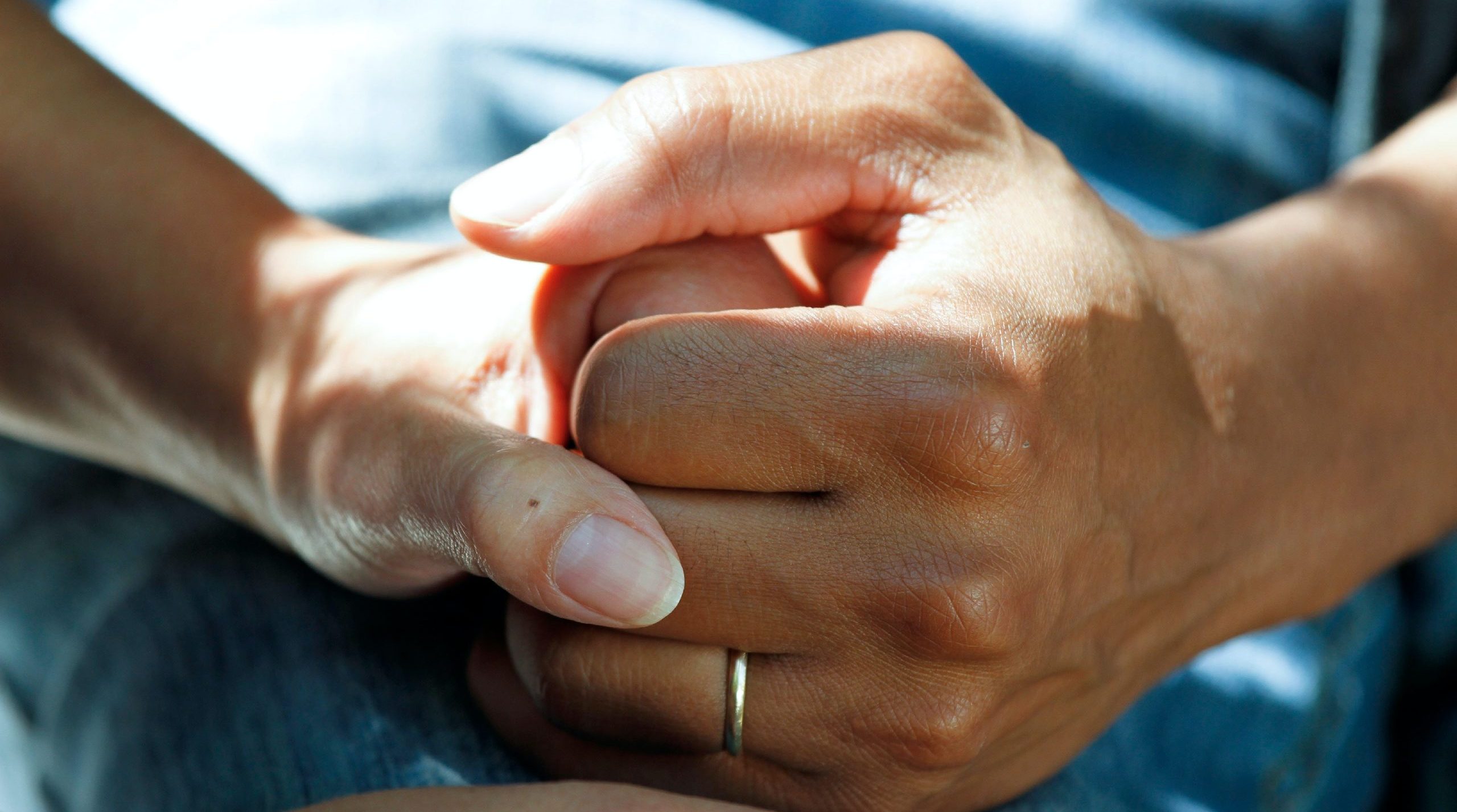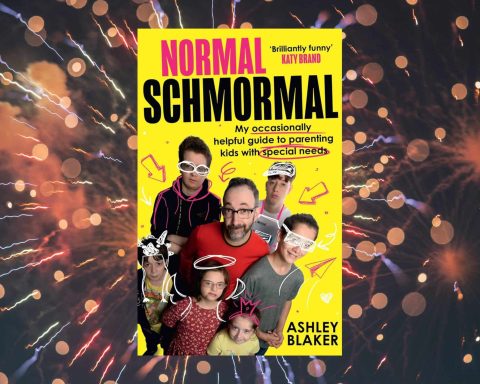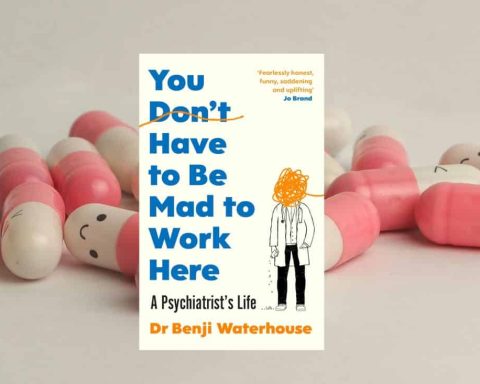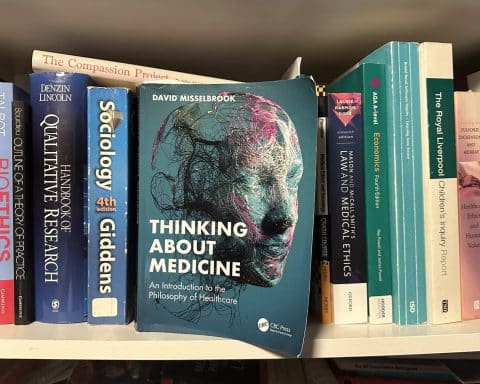Elke Hausmann is a salaried GP in Derby.
Lucy Foulkes is a psychologist with lived experience of mental ill health in her teens and early 20s. In this book she tries to tease out the current difficulties in our society’s relationship to mental health and mental illness, and the paradoxes of increased awareness and awareness campaigns around mental illness.
Not every psychological distress is mental illness but can be normal human experience, but to frame it as mental illness is also doing a disservice to people who do suffer with mental illness. Even though there is a continuum in the spectrum between human distress and mental illness, and the boundary is contested, including by mental health specialists and psychiatrists, we should not lose sight that there are people who are ill.
‘But when we tell everyone in distress to get help but do not match that with appropriate funding, we create two problems. One is that people who need medical help and are persuaded to seek it face the blow of finding it unavailable to them, potentially compounding their sense of isolation and hopelessness. The other is that, combined with a widespread misapprehension of what mental illness actually is, we drive people to seek medical help who may not actually need it, depleting scarce resources. The potential impact of this on the availability of treatment is truly scary, and utterly ironic, since the idea of these destigmatising campaigns was of course to get help to the people who need it.’ (p.192)
This has really resonated with me — on a daily basis I find that people in some form of psychological distress (particularly quite young people in their 20s) use the language of mental health disorders to describe and understand what they are going through (calling every low mood a depression), thus medicalising normal human experiences. Then a few months ago I had a patient who was really depressed. The difference was obvious. He could not function. He could barely talk to me. It took a few months of increasing doses of medication and counselling for him to sound again like the young people who talk so eloquently to me about ‘my mental health’.
It has really brought it home to me that we need to challenge this more and ‘really promote the message that, for milder or more transient levels of distress, there are many things that people can do themselves to manage how they are feeling’ (p. 192). This is invariably difficult because people don’t come to us first, they often think they have already tried everything and ‘it has not worked’, they expect to get rid of their unpleasant feelings (‘there is not much room in society to just be sad right now’ [p. 173]) rather than learning to live with and manage them, and they often expect the doctor to give them a label or diagnosis and some pills. In a 10-minute consultation it is nigh impossible to address all of that.
What I also found very interesting was the author’s reflection on her period of mental illness (p. 172–173). Even before her ‘fully fledged breakdown aged twenty’, she was living through a period of prolonged sadness:
‘I know now that I met some, maybe all, criteria of depression at the time. I know that if I was a teenager today, this label would almost certainly have been used, by me or someone else. Until recently, I lamented that that wasn’t fully recognised at the time, because maybe I would have benefited from some additional support, but now I’m not so sure […] Like every other teenager, I was ruminating on my identity then, trying to figure out who I was, and absorbing ‘mental illness’ into my fundamental fabric before I hit eighteen could have been really unhelpful […] With the treacle slow passage of time, it passed. Now I look back, I’m glad no one suggested I had depression, because on reflection I don’t think that I did.’
In GP land, we are encouraged to make and code diagnoses. I very rarely code ‘depression’ because most people who come to me with low mood are not clinically depressed, even when I prescribe an SSRI, which I do for complex reasons (they want a pill and/or I feel that is the only thing I can offer in a particular context). I feel vindicated reading the book that I am doing the right thing. There needs to be a distinction between temporary human distress and mental illness. And what I also found very interesting was the fact that ‘a reasonable number of cases of depression actually resolve themselves, with no intervention’ (p.206). The author does not use that as an argument against offering treatment, ‘but this information should reassure us. Sometimes, either in parallel with treatment or not, the main thing you have to do is just wait. That’s awful, I know it is. But time can change everything, and sometimes the best thing you can do is just find a way to hold on’ (p.207). If we can put across some of that optimism, we may be able to go some way towards helping our patients.
Featured book: Lucy Foulkes, What Mental Illness Really Is … (And What It Isn’t), Vintage, 2022, PB, 240pp, £9.99, 978-1529113372.
Featured photo by Kristina Tripkovic on Unsplash.








